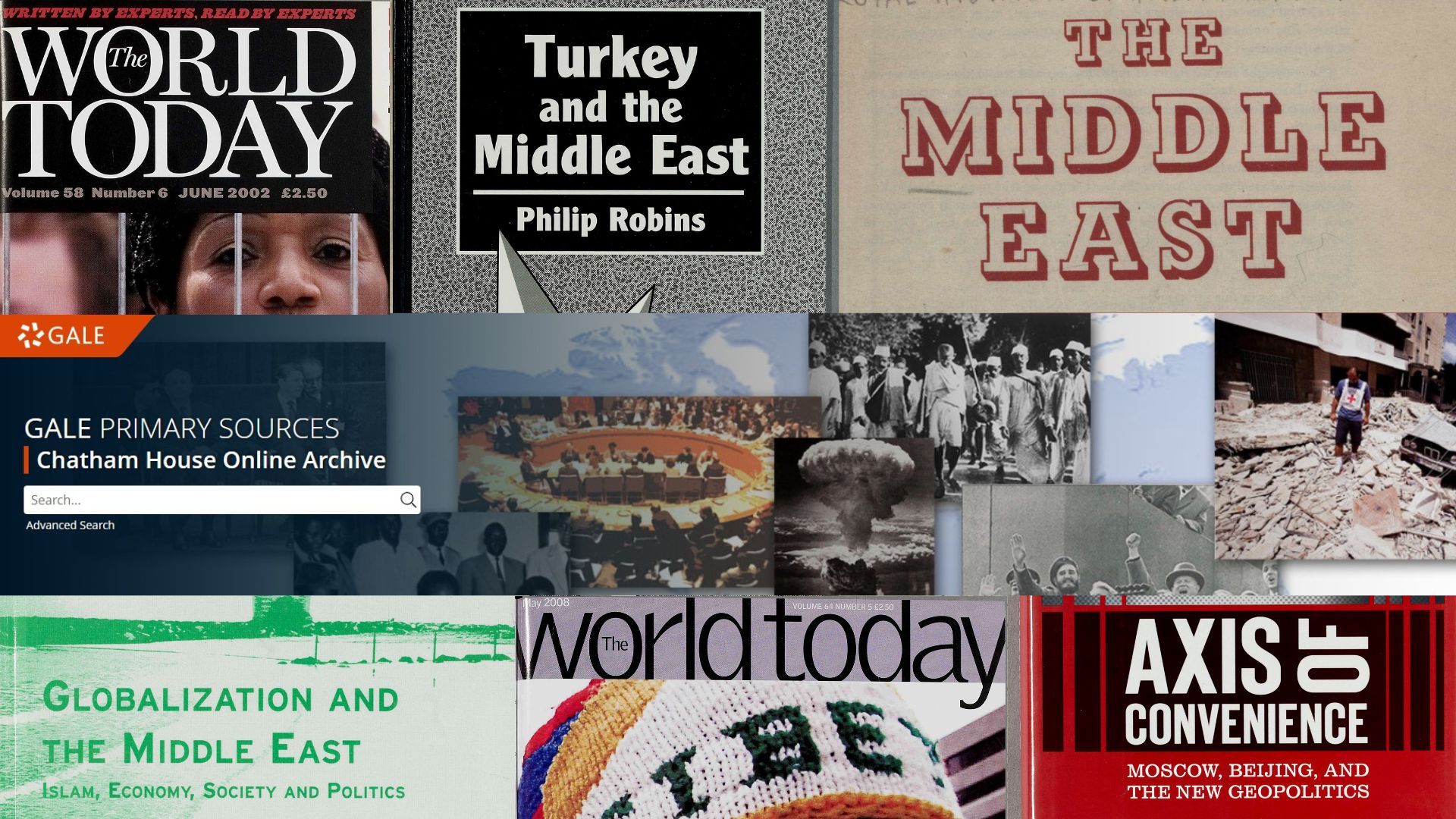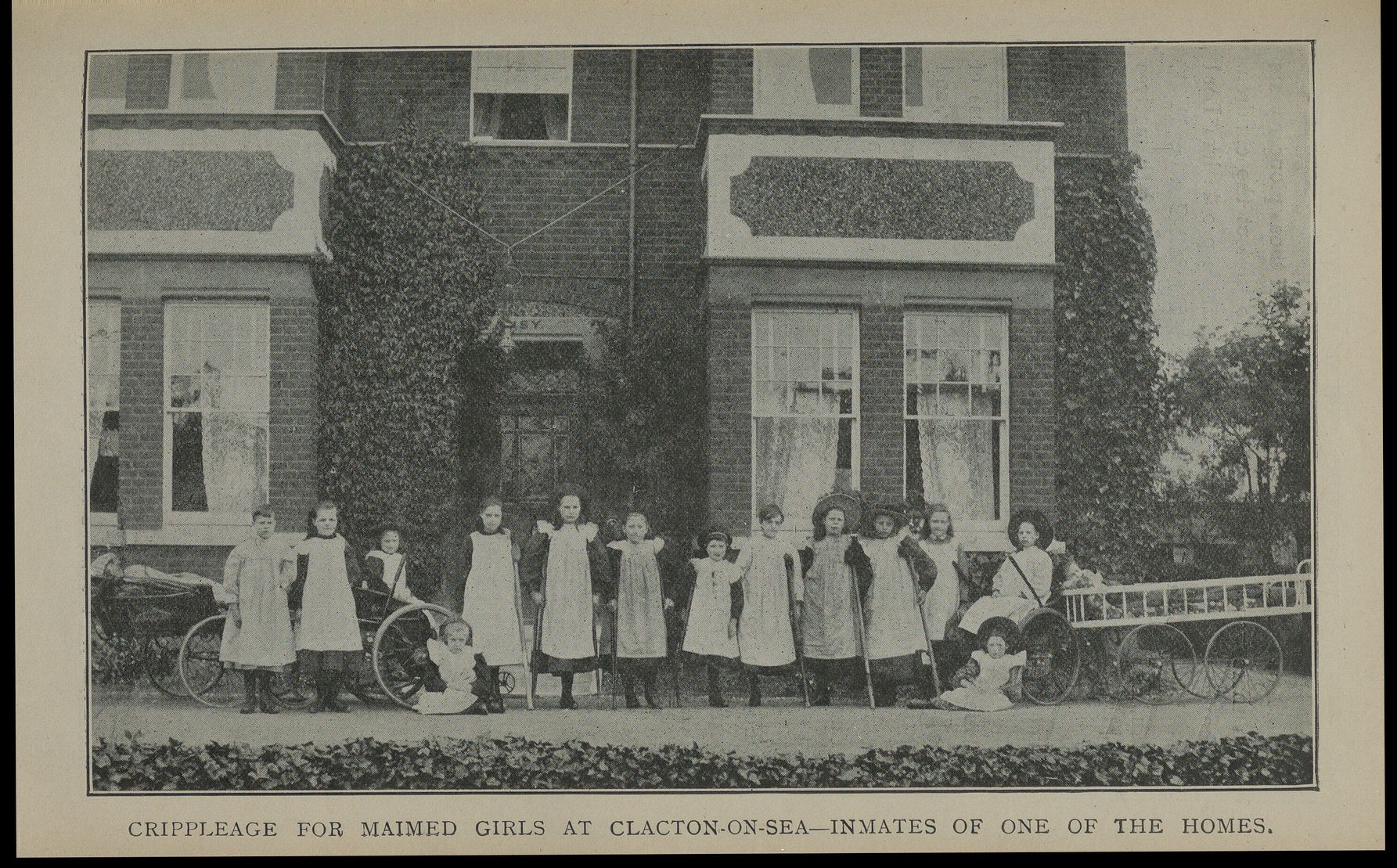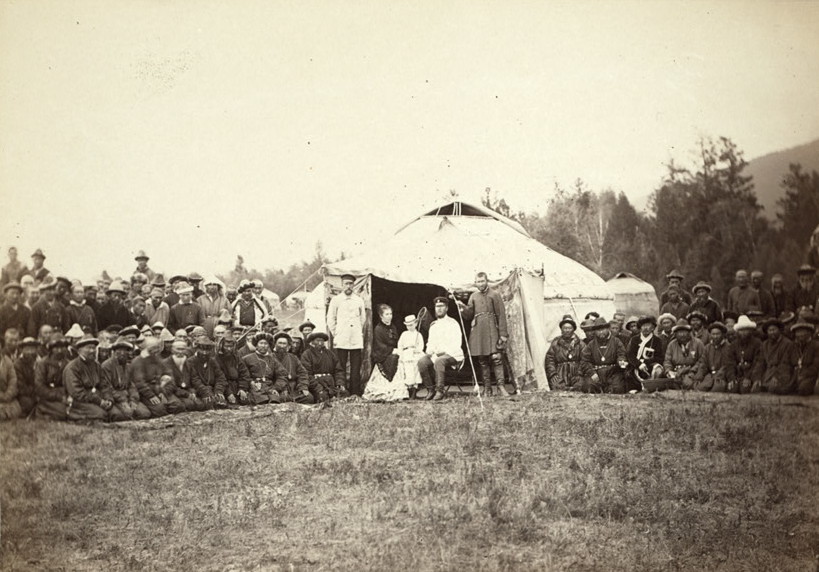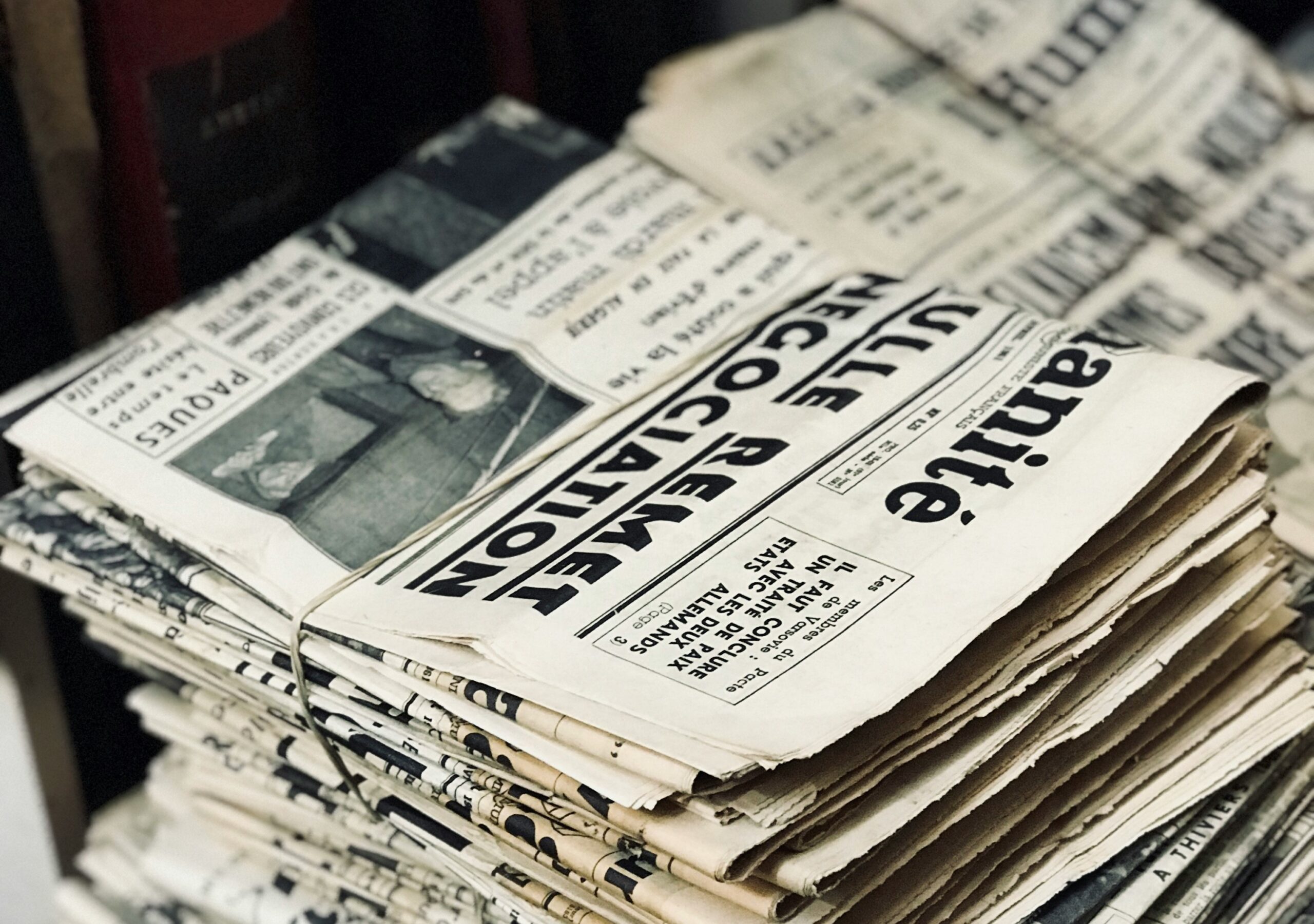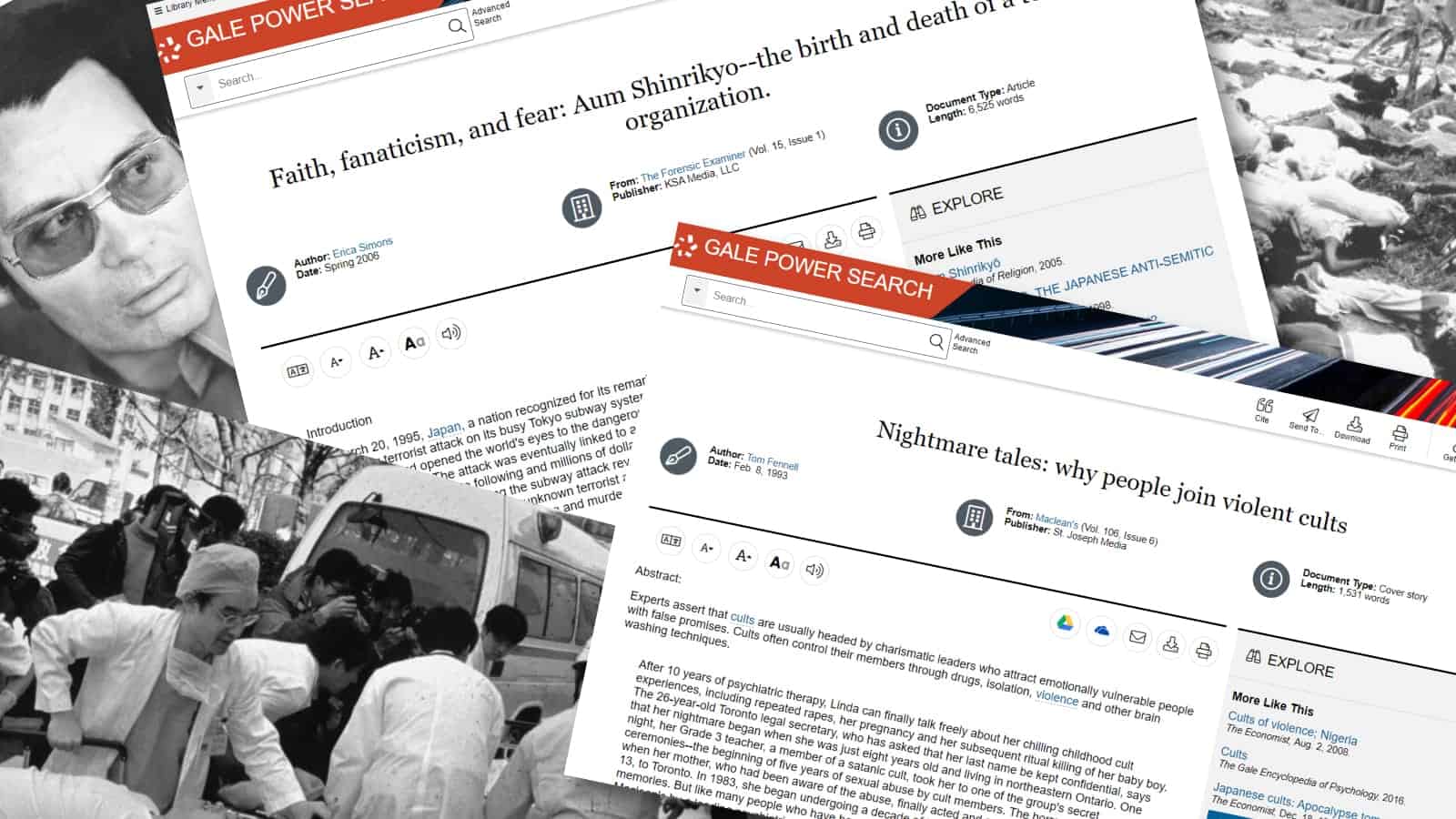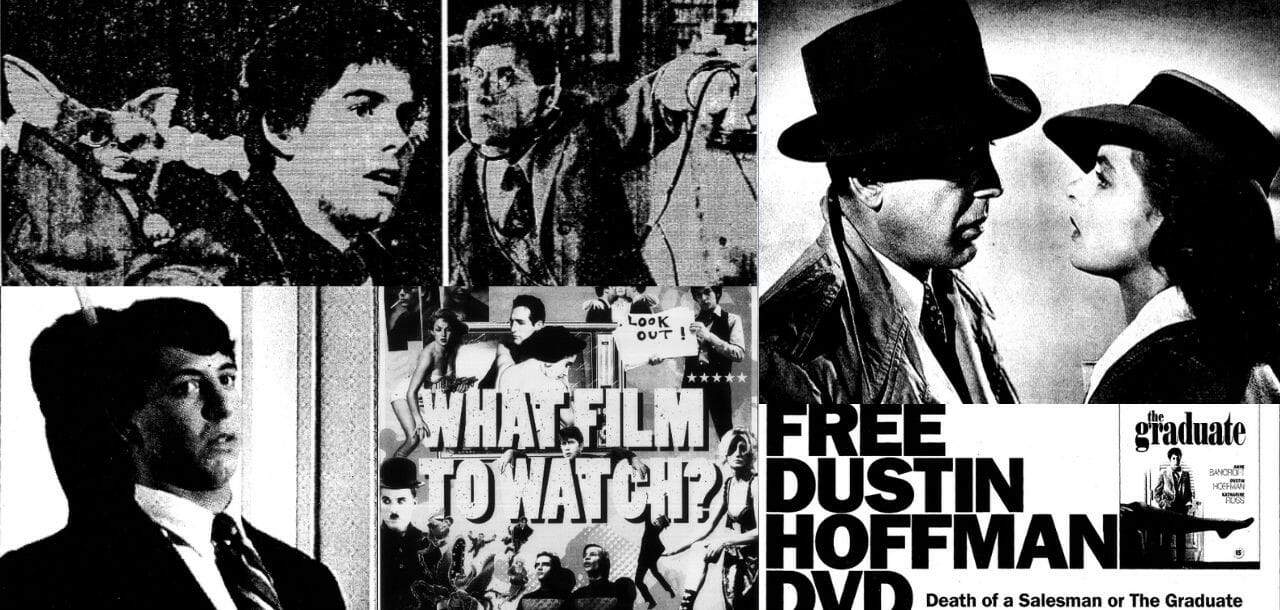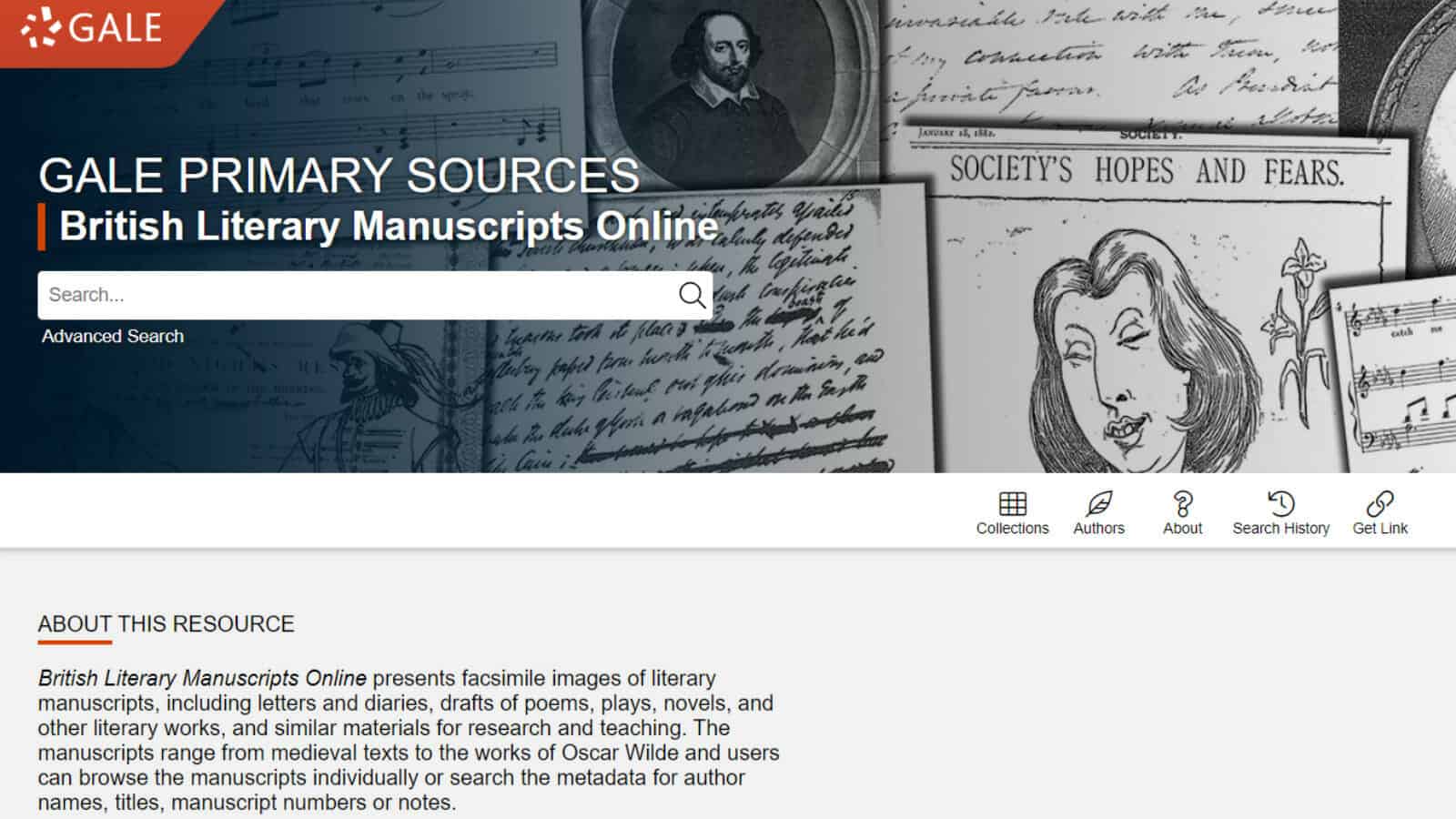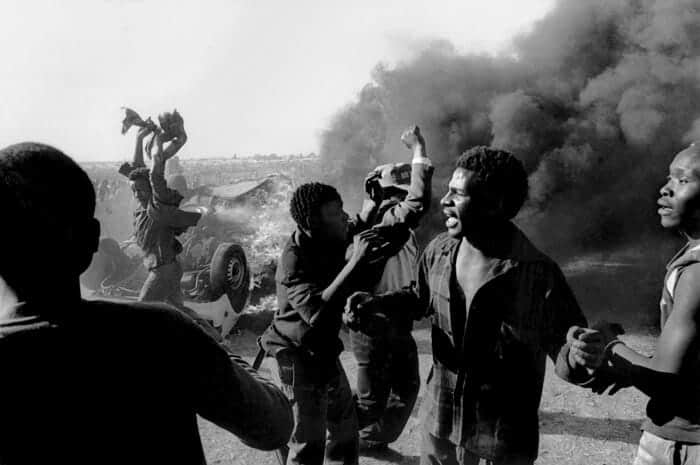│By Oralkhanova Alima, Year 11 Student at Nazarbaev Intellectual School in Semey, Kazakhstan│
In an era when concerns about overpopulation and scarcity of natural resources are rising, it may seem paradoxical that certain areas of land remain unclaimed and unwanted. Even today, when countries continue to engage in territorial disputes and conflicts, there still exist regions that have been ignored by the international community. To describe such territories, early international law introduced a specific term – terra nullius, a Latin expression meaning “the land of no one”. Although this term is no longer officially used, the concept of terra nullius continues to captivate people’s minds.


